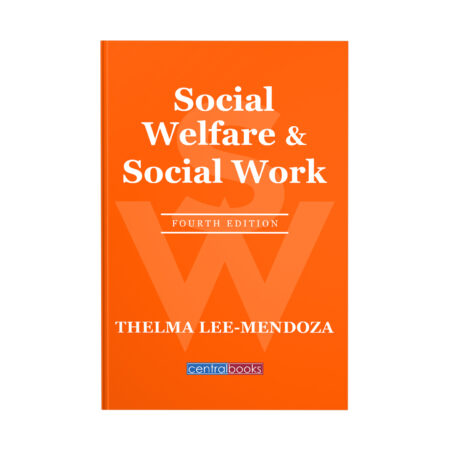
Labor Relations: The Labor Code of the Philippines Volume II Book V, VI, & VII
₱1,150.00This work covers Book V, VI, and VII of the Labor Code as amended. The covered articles are provided with annotations and explained through the lenses of the constitution, jurisprudence, doctrines, legislations, relevant Implementing Rules and Regulations, and updates on labor laws. Bar Question of the previous Bar Examinations together with suggested answers are also made part of the discussion to help readers frame their understanding within a legal context of the subject under review. The suggested answers are just that, suggested. They are not meant to correct other alternative answers that may have merit in law; hence the answers should be taken as an aid to further understand the topic at hand.

The Labor Code: Volume 2 – Labor Relations
₱1,850.00This book features the basic theories, principles, definition of terms, questions, problem and answer types that involves Supreme Court cases on labor relations up to June 30, 2024, and the latest DOLE Department Orders, pertinent of every Labor Code provision and its Implementing Rules and Regulations enactments. This is the definitive and up-to-date Labor Relations book that is suited for law students, bar reviewees, law practitioners, employers, labor unions and all individuals who aspire to know the current labor situations and conflicts that beset the employer-employee relationship. With God’s grace, I hope that every reader would be illuminated by this book, my labor of love.

Labor Relations and Post-Employment (Second Edition)
₱1,790.00This is an updated volume that includes latest laws, rules, and jurisprudence. This book tackles the following rights of workers to: self-organization, collective bargaining, peaceful concerted activities including the right to strike in accordance with law, security of tenure, and participate in policy and decision-making processes affecting their rights and benefits as may be provided by law.

The Ultimate Philippine Labor Relations Compendium (Volume 2)
Price range: ₱2,980.00 through ₱3,150.00This book is largely an analysis and criticque of the present Labor Relations legal framework, which is heavily copied from the US model of compulsory arbitration, and is essentially confrontational, adversarial, legalistic and dilatory. The Philippine is an Asian country and the philosophies, principles and procedures of US labor relations laws are alien to the culture of Asian people.

The Ultimate Philippine Labor Relations Compendium (Volume 1)
₱2,080.00This book is largely an analysis and critique of the present Labor Relations legal framework, which is heavily copied from the US model of compulsory arbitration, and is essentially confrontational, adversarial, legalistic and dilatory. The Philippines is an Asian country and the philosophies, principles and procedures of US labor relations laws are alien to the culture of Asian people.




